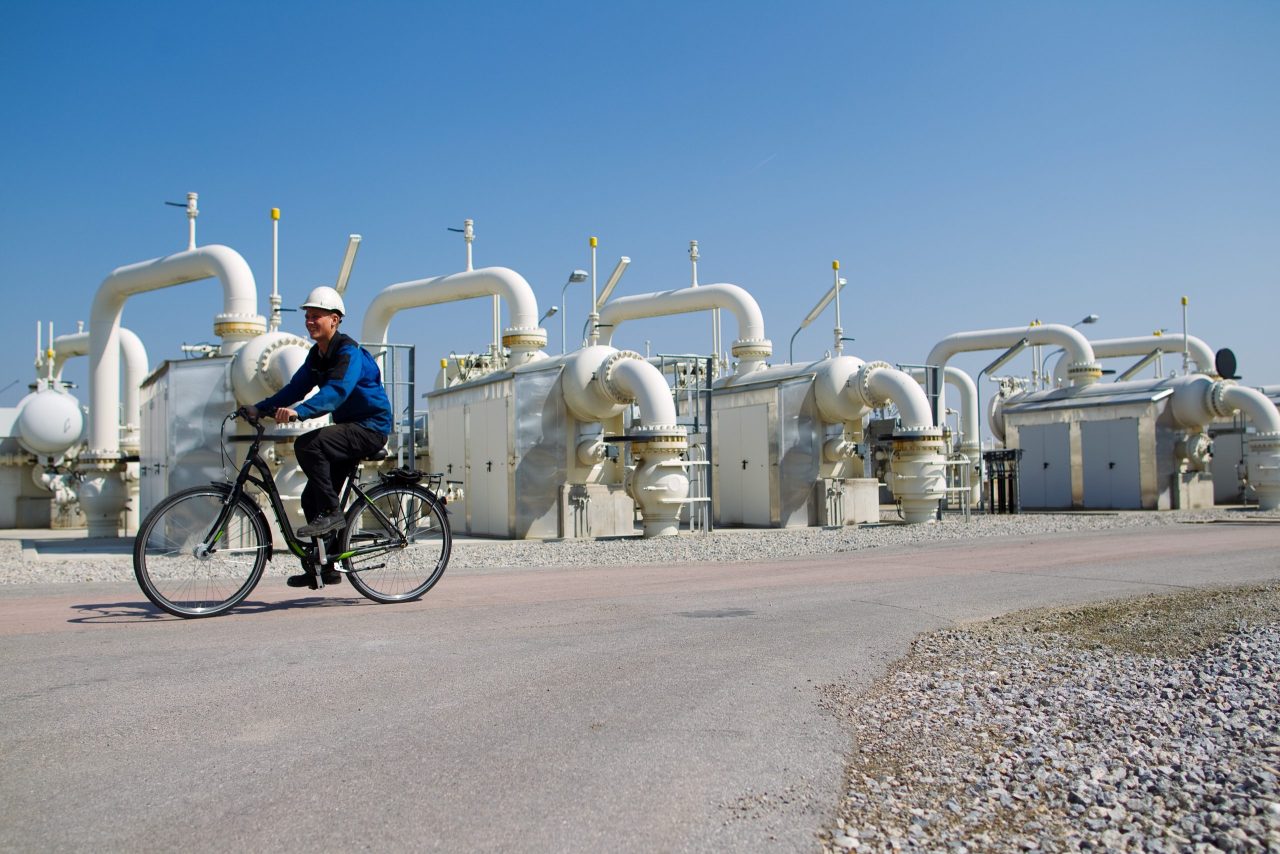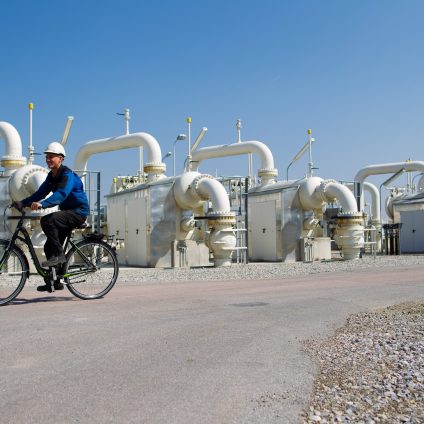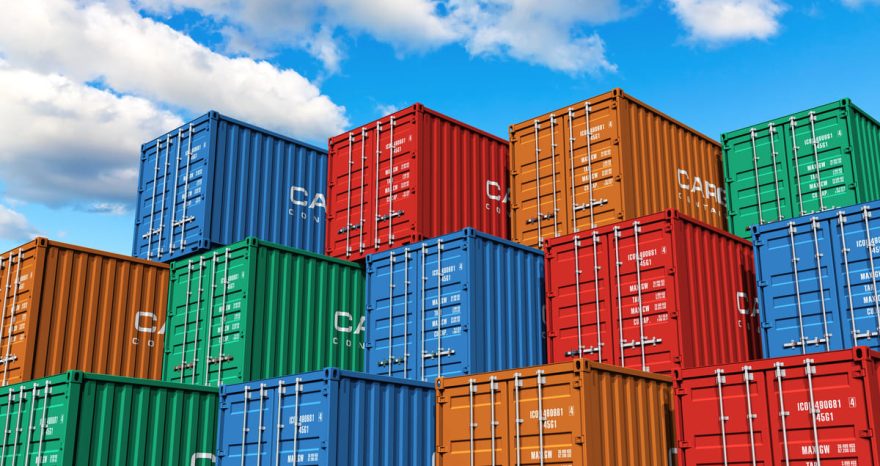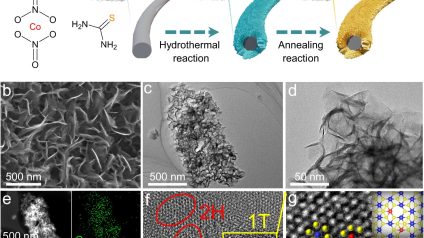The Commission has analysed a series of proposals to address the rise in gas prices in a cooperative manner, increasing energy security for the coming winter
To lower the price of gas wins the model “vaccines”
(Sustainabilityenvironment.com) – A minimum level for national storage of 80% in 2022 and 90% for successful years. It is a Community task force buying gas for all 27 Member States, pooling the demand. These are the two major proposals put forward this morning by the European Commission in support of Community energy security.
Work actually started last year with the first increases in the price of gas and accelerated in the aftermath of the Russian war in Ukraine. And that all points to a compact and shared response at the Union level. “Europe must act quickly to secure the supply of energy for the coming winter and to relieve the pressure of high energy bills on citizens and businesses,” explained Energy Commissioner Kadri Simson. “Today’s proposals are another step forward in our intense work on this front”.
Today’s work of the Commission has been condensed into two documents on which European leaders will be confronted in the coming weeks: a legislative proposal with which to update the regulation on security of gas supply; and a communication setting out the various options for market intervention at European and national level, assessing their pros and cons.
New EU rules on gas storage
The aim of the legislative proposal is to prevent a recurrence of the current critical situation. In the winter season 2021-2022, in fact, storage levels were extremely low due to the high demand for gas worldwide. This, coupled with the escalation of the armed conflict, has increased market uncertainty, making fuel prices even more volatile.
Hence the idea of the European Commission to establish a minimum storage requirement for the Member States. If the update is approved, EU countries will have to ensure 80% coverage of their infrastructure by 1 November 2022. To rise to 90% in subsequent years. S shifting the deadlines for achieving the national milestones from August, September and October to February, May, July and September.
The proposal also aims to ensure a new spirit of solidarity. Therefore, the Member States without storage facilities will have to secure a reserve in other EU countries by 1 November corresponding to at least 15% of their annual consumption. Or, alternatively, develop a burden-sharing mechanism with one or more reserve Member States. The new Regulation also introduces a 100% discount on transport rates based on capacity at points of entry and exit to storage facilities. Leaving the Member States free to design other measures to encourage accumulation.
All for one, one for all
The communication clarifies the many requests made by European leaders to the von der Leyen Executive. How? Presenting the advantages and disadvantages of several concrete short-term options to mitigate peak energy prices. From the work emerges a great recommendation for the Bloc, that is to jointly buy gas from suppliers, following a model similar to that used in the supply of vaccines against Covid-19.
In detail, Brussels is ready to set up a task force on joint procurement at the EU level, assisted by representatives of the Member States in a steering committee. A Community negotiating group, led by the Commission itself, would conduct negotiations with suppliers of LNG and natural gas, paving the way for future cooperation, including on hydrogen, with African, Middle Eastern and US partners.
But the communication also examines other ideas, such as the idea of creating at the national level a government-controlled entity that purchases electricity on favorable commercial terms to make it available to certain categories of consumers below the market price. Direct intervention in the functioning of wholesale electricity markets by compensating fossil-based electricity producers financially to reduce their prices on the wholesale market. Or the possibility of setting a ceiling on the maximum price that some baseload generators may present on the market.













